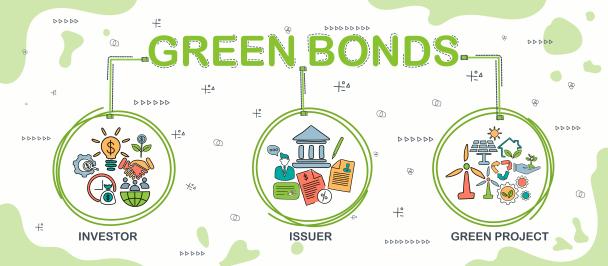A high-level delegation of Uzbekistan is visiting Geneva (Switzerland) during the week of 20 June to hold bilateral and multilateral negotiations as part of the accession process to the World Trade Organization (WTO). In continuation of UNDP's support for Uzbekistan's accession to the WTO, jointly with the Ministry of Investments and Foreign Trade we organized a visit by members of the Negotiating Group, including the Chief Negotiator – Deputy Minister of Investments and Foreign Trade, Mr. Badriddin Abidov

On June 21-22, Uzbekistan held the 5th Working Party meeting on the accession to the WTO, almost two years after the last meeting. The meeting was chaired by the newly appointed Ambassador of the Republic of Korea, Lee Taeho, and brought together 25 WTO Members to examine Uzbekistan’s foreign trade regime.
In his opening remarks, Mr. Abidov mentioned the ongoing reforms in Uzbekistan and invited the meeting participants to watch the video message from Deputy-Prime Minister Sardor Umurzakov. In his communication, Mr. Umurzakov noted that the Development Strategy of New Uzbekistan for 2022-2026 provides for the priority of Uzbekistan’s accession to the WTO. “We consider the process of Uzbekistan’s accession as an integral part of the ongoing reforms aimed at further integration of our country into the world economic relations and the multilateral trading system”, he said.
The Deputy-Prime Minister added that since 2016 there have been no new accessions by candidate countries to the WTO due to the complexity of each new accession, i.e., more effort and commitment is required from candidate countries. He stated that Uzbekistan “urges distinguished WTO Members to be more flexible in matters of new accessions, and give special consideration to this effect”.

Members of the WTO welcomed Uzbekistan’s efforts to integrate into the multilateral trading system and noted that the WTO accession process is testimony of ongoing reforms in the country. The representative of Kazakhstan said: “Accession of Uzbekistan to the WTO will bring more predictability to the Central Asia and strengthen the multilateral trading system”. Some countries have also offered technical assistance to Uzbekistan to facilitate the accession process.
After welcoming speeches, the Working Party first reviewed the state of play in the bilateral negotiations on market access for goods and services. The Working Party was informed that Uzbekistan plans to hold 10 bilateral meetings with interested WTO Members during the week of 20 June. Following that, a Factual Summary of Points Raised based on the Memorandum of Foreign Trade Regime and Replies to Questions has been examined by the Working Party. Other documents such as Domestic support and export subsidies in the agricultural sector were also reviewed by the WTO Members. Finally, Uzbekistan was asked to provide detailed information on legislative developments in order to ensure that the applicant’s legislation corresponds to the WTO rules.

Considering the next steps in the work of the Working Party, the Chairman of the Working Party encouraged Uzbekistan to accelerate the negotiations. He also called upon interested WTO Members to engage with Uzbekistan to conduct bilateral negotiations on market access for goods and services.
To become a full-fledged member of the WTO, Uzbekistan needs to complete the Working Party Report, conclude bilateral agreements with interested WTO Members on market access for goods and services, and bring the country’s legislation and practices in line with WTO rules.
Based on the outcomes of the 5th Working Party meeting, UNDP within the framework of the Aid for Trade Project will continue supporting the Government of Uzbekistan with preparation of the required package of documents, analytical background and with accession processes.
The ‘Aid for Trade in Uzbekistan’ project is implemented by the United Nations Development Programme in partnership with the Ministry of Investments and Foreign Trade of Uzbekistan and aimed to support Uzbekistan’s WTO accession process, developing trade, building productive and export capacities for niche products in employment-rich and potentially green sectors to contribute to more economically, socially, and environmentally sustainable growth patterns.

 Locations
Locations


